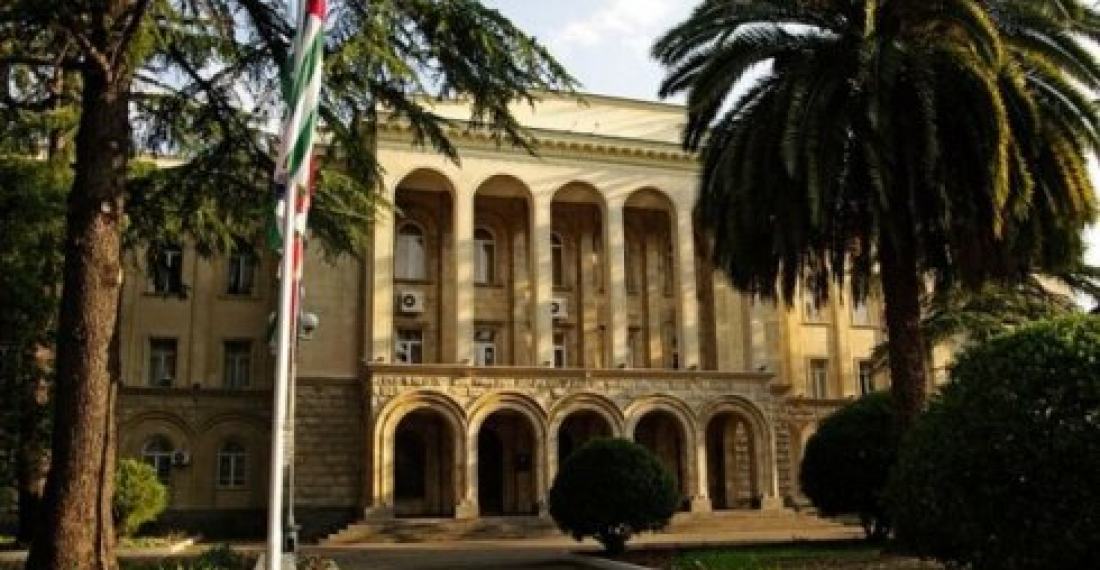The recent history of Abkhazia and South Ossetia has seen the fate of the two territories intertwined. Both territories seceded from Georgia in the early 1990s with Russian conivance. They have since both had a turbulent relationship with Tbilisi, and in August 2008, after the short Georgia Russia war, the two territories were recognised by Russia as independent states - a move that has however been followed only by a handful of other countries. Most of the world still consider them part of Georgia.
Events in one entity, are therefore closely followed in the other, and may even have implications for the other.
On Friday (4 September) the de facto president of Abkhazia Aslan Bzhania addressed the people and all political forces of South Ossetia in connection with the ongoing political crisis in the territory following the death of a young Ossetian whilst in police custody. The death triggered street protests and resulted in the resignation of the prime minister and the Interior Minister was dismissed.
In a message published on his official website, Bzania told the people of South Ossetia
"I urge you, dear Ossetian brothers, all the political forces of the country to dialogue, to a peaceful solution of problems, in the name of a calm and prosperous future for the people of South Ossetia. Who else, if not our peoples, who have gone the hard way to freedom, know the price of a peaceful life," - said in the appeal of Bzhania.
Bzhania also noted that Abkhazia is closely following the events in South Ossetia, saying that the Abkhaz people cannot remain indifferent to what is happening.
"I am sure that the Ossetian people, distinguished by their historical wisdom, will show tolerance, mutual respect, and will get out of this situation with dignity, using exclusively legal mechanisms. I wish the people of South Ossetia peace and prosperity!" he added.
In the meantime in Tskhinvali the political crisis continues despite assurances by the de facto president, Anatoli Tibilov, that all those involved in the crime will be punished
Seventeen South Ossetian parliament members suspended their powers on Tuesday, according to them, until the president dismisses the prosecutor general Uruzmag Dzhagaev, who has resisted public calls for his resignation.
source: commonspace.eu with agencies
photo: Presidential office, Sukhumi (archive picture)






